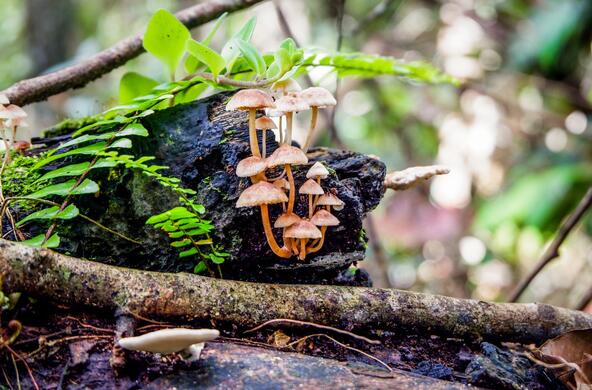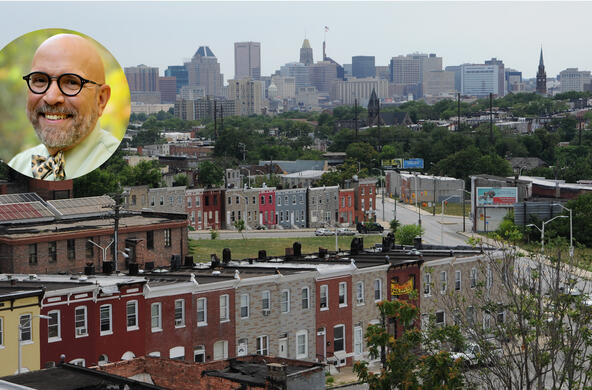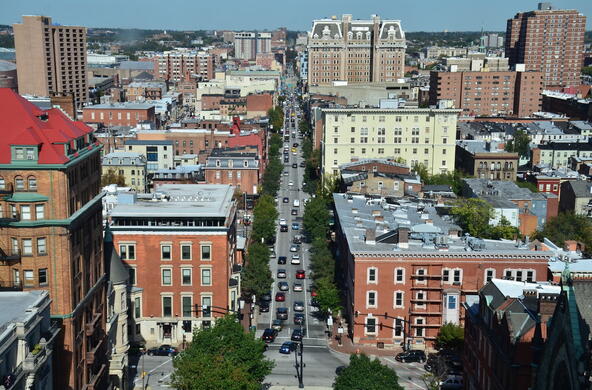
In natural ecosystems, there is little waste. Nutrients taken up by plants are returned to the soil when plants die and decompose. Food eaten by animals is excreted; at the end of their lives, animals are also returned to the soil. Ecologists call this nutrient loop a biogeochemical cycle.
In suburban and urban neighborhoods, this cycle is broken. Yard waste, such as grass clippings and fallen leaves, are largely removed in bags or sucked up into giant vacuum cleaners from roadside piles. Water that once percolated through soils, carrying nutrients to plant roots, is routed to drainage ditches and nearby streams and rivers. Meanwhile, residents fertilize lawns and gardens due to nitrogen deficiencies.
Researchers at Boston University found that yard waste removal in the City of Boston eliminated 1/3 of the nitrogen needed by urban trees. Retaining yard waste could potentially reduce fertilizer demand in Boston suburbs by one-half. Overall, the city collected 8,000 tons of yard waste, carrying 64 tons of nitrogen offsite.
Soon, neighborhoods across the Northeastern states will roar with the sound of leaf-blowers. Here is a different suggestion: keep fallen leaves in your yard. They can be raked under shrubs to provide a layer of mulch. Rotary mowers grind fallen leaves, returning their nutrients to nourish your lawn in spring. We need to think of leaves as a resource, not a waste product.
While it’s true that some municipalities collect leaves for compost, rather than landfill burial – think of the energy and tax dollars that could be saved by not picking up yard waste at all. If possible, let nature complete its cycle.
**********
–This segment was adapted from an essay by Dr. William H. Schlesinger. You can read the original piece on his blog Citizen Scientist.
Produced in collaboration with WAMC Northeast Public Radio, this podcast originally aired on October 16, 2015. To access a full archive of podcasts, visit: www.earthwiseradio.org.
Photo courtesy of Horia Varlan.







